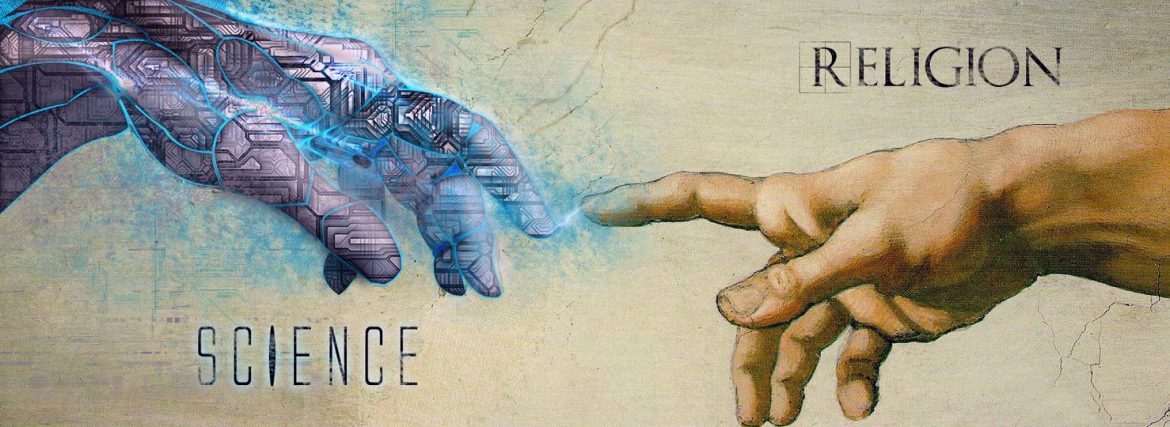Photo Credit: Adobe Stock
Professor Adam Hincks on the relationship and connections between faith, physics, and meaning
Chiara Greco, Editor-in-Chief and Joy Fan, Logos Editor
In working to discover the relationship and dialogue between science and faith, The Mike sat down with St. Mike’s alumnus and Assistant Professor Adam Hincks, who is cross-appointed in the department of Astronomy and Astrophysics and St. Michael’s College. He is also the Sutton Family Chair in Science, Christianity and Cultures. After studying as a honours Bachelor of Science Specialist in physics and astronomy, he went on to graduate school at Princeton where he received a PhD in physics with a particular focus in cosmology.
In addition to being an assistant Professor, Hincks is also a Roman Catholic priest in the Society of Jesus (Jesuits). He will be teaching a course on Faith and Physics this winter term (SMC371H1) and is in the midst of proposing a course under the title of “The Bible and The Big Bang” which would look at notions of creation. This proposed course will be jointly offered jointly by St. Mike’s Christianity and Culture programme and the department of astronomy and astrophysics. The course would also plan to discuss what science tells us about cosmic origins and what religion tells us and would develop what way these two disciplines may come into contact with each other, if at all.
From a normative social and cultural perspective, religion and science are not usually conjoined together. Most of the general, perhaps non-religious, population understands these two disciplines as separate from each other. In conversation, Professor Hincks questions this general outlook. He tells The Mike, “I wouldn’t characterize [these two disciplines] as going in opposite directions,” rather, he suggests that these are two ways of thinking about the world and it’s important to think about how they interact with each other since both faith and science are such huge parts of our culture.
Speaking of his own experience with faith and science, Hincks mentions that he “has always been a person of faith,” and much of his journey in science has also been guided by how his studies could be meaningful and give back. It is clear that faith and science are not conflicting for Hincks as he notes that “the Society of Jesus […] has a strong intellectual tradition. We’ve been running universities and engaging in research since our founding in the mid-16th century. And we’ve had lots of scientists.” Hincks also mentions the strong missionary background of the Jesuits, “we have this tradition of dialogue […] meeting new people and new ideas.”
Notions of reconciling science and faith or religion are part of a general dialogue which is naturally thought of by religious and non-religious people alike. Both disciplines are generally understood as separate, with one dealing with facts and the other dealing with beliefs. For a lot of people, it may be difficult to think about science and religion as being conjoined. In lieu of this, Professor Hincks mentions that “religion is part of the shared reality we have and so is science, and since they’re both part of our reality it is important to think of them together.”
When it comes to science and religion, Hincks acknowledges that “you hear the word conflict a lot […] and I don’t think that’s a good starting point, […] because you set up this idea that they’re two opposing ways of thinking about the world […], that one needs to give way to the other.”
Rather than viewing these two disciplines as needing to be reconciled, Professor Hincks states that “they are looking at different aspects of the world,” and that “religion opens you up to larger questions of meaning and value.” He continues, “many scientists will acknowledge that there is more to the world than just science […] the dialogue between religion and science can open up the space to think about [these] larger questions beyond the here and the now.”
Through speaking with Professor Hincks, it is clear that there is immense value in both faith and science – both answering important questions, just perhaps different ones.


